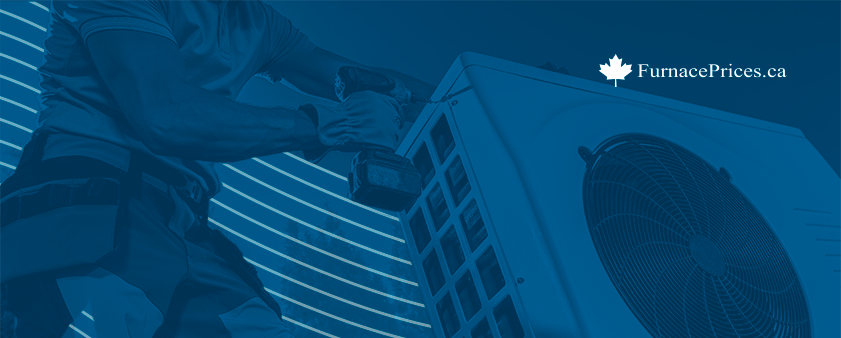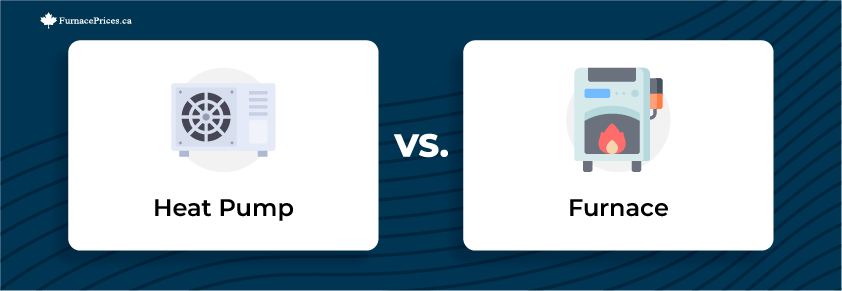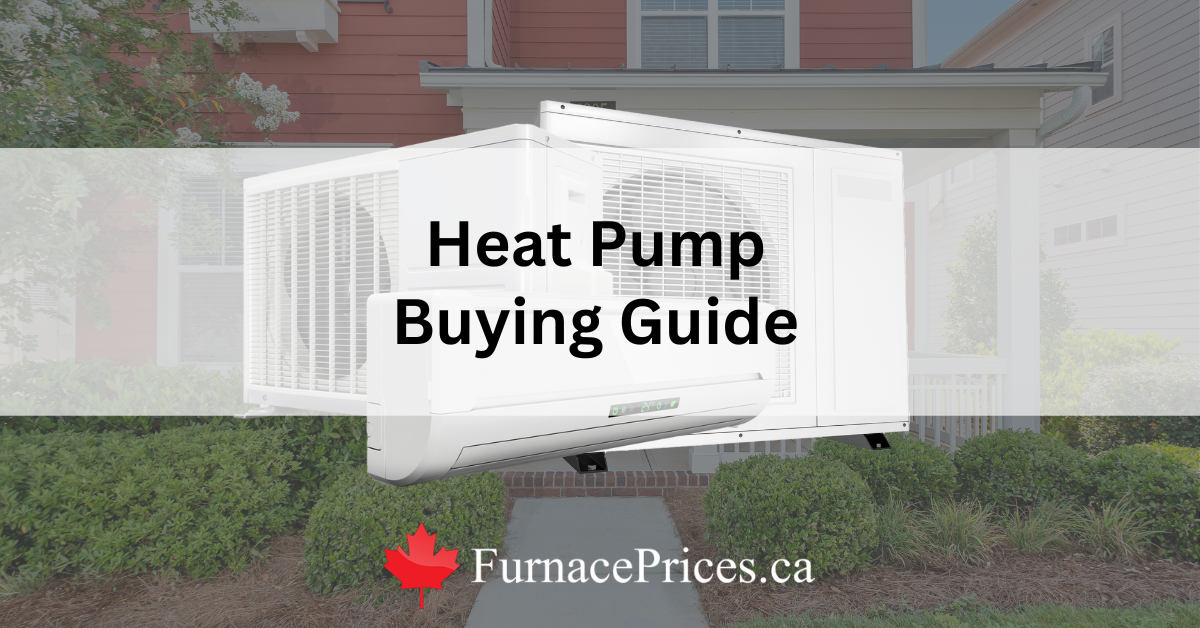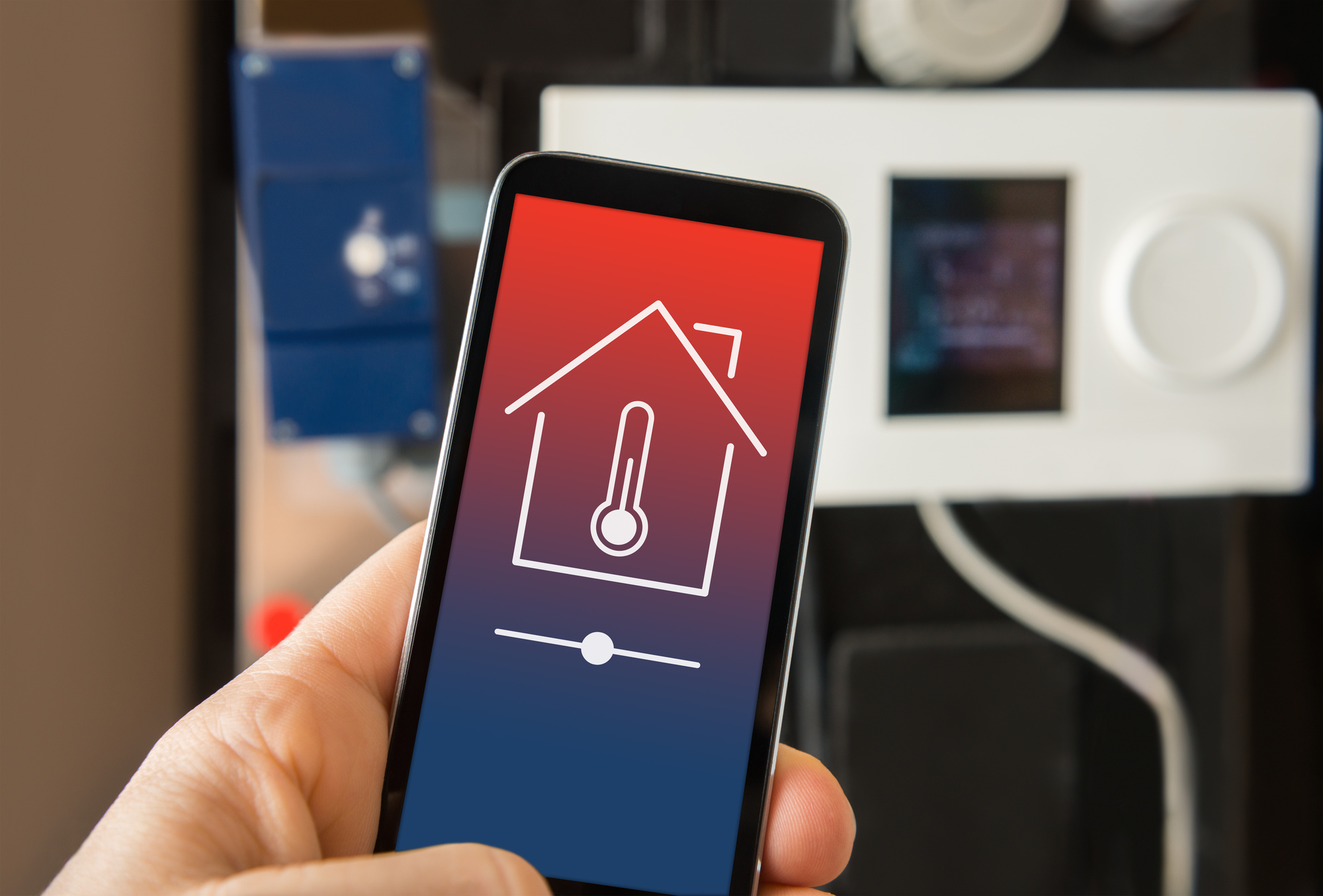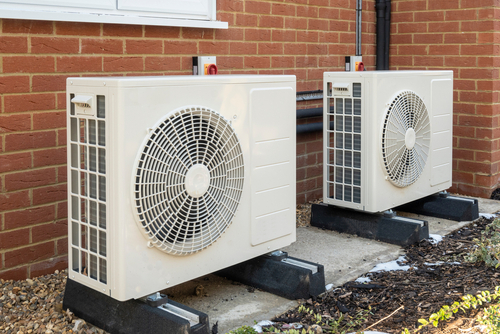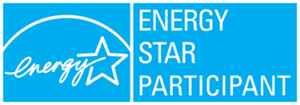Average Installed Cost of a Heat Pump System
Heat Pump Cost Calculator
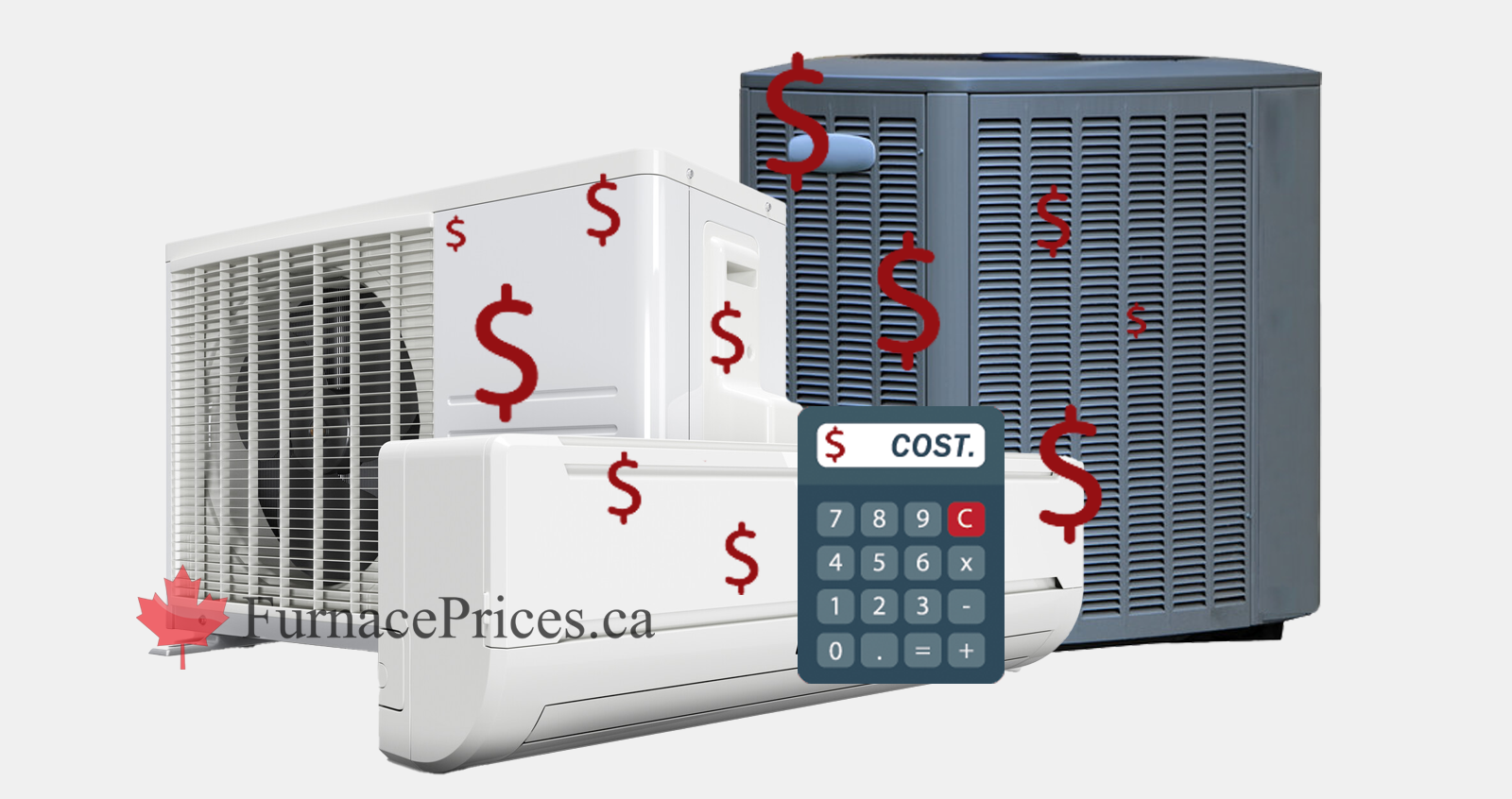
Heat Pump Cost Calculator
Get a quick, free & instant estimate on how much a new heat pump system will cost.
Try our heat pump cost calculator.
Video: How much does it cost to install a heat pump in 2025?
Factors that Influence Heat Pump Prices
Size
Brand
Supply and Demand
Installation
Average Heat Pump Costs by Type
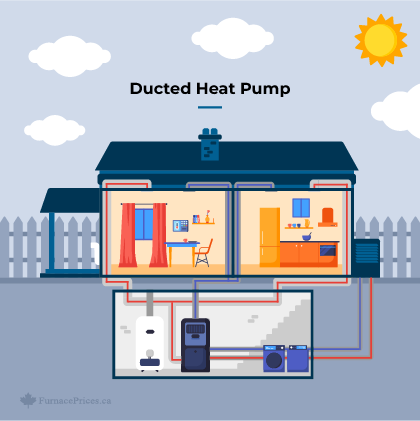
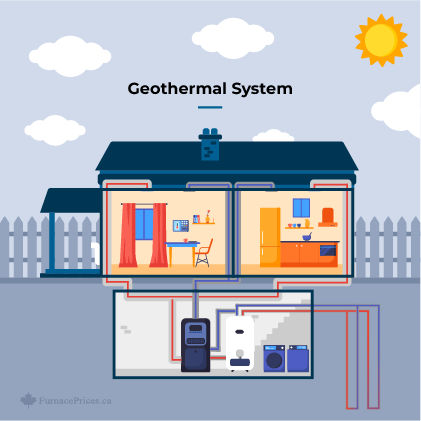
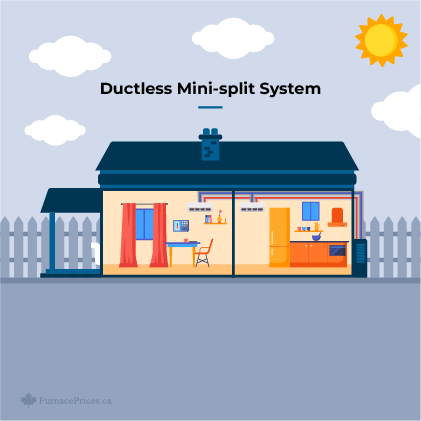
Ducted Air-Source
Geothermal
Ductless Mini-Split
Gas-Fired Heat Pump
Heat Pump Price by Size & Type
| Size in Tons | Price of mild-weather unit (installed) | Price of extreme cold-weather unit (installed) |
|---|---|---|
| 1.5 Tons | $4,000 - $6,500 | $7,500 - $10,000+ |
| 2 Tons | $4,500 - $7,000 | $9,500 - $11,500+ |
| 2.5 Tons | $5,000 - $7,500 | $10,000 - $12,500+ |
| 3 Tons | $5,500 - $8,000 | $11,500 - 14,500+ |
| 3.5 Tons | $6,000 - $9,000 | $12,000 - $15,000+ |
| 4 Tons | $7,000 - $10,000 | $13,000 - $15,000 |
| 5 Tons | $8,000 - $12,000 | $15,000 - $17,500+ |
Cost by Heat Pump Efficiency Ratings
| SEER Rating | Unit Price |
|---|---|
| 14 | $950 - $1,300 |
| 15 | $1,100 - $1,750 |
| 16 | $1,000 - $1,800 |
| 17 | $2,000 - $2,750 |
| 18 | $3,100 - $3,500 |
| 19 | $3,750 - $4,000 |
| 20 | $3,950 - $4,300 |
Replacement Cost for Type of Heat Pump Installed
Heat Pump Performance Features and Price Factors
Efficiency
Cold-weather Rating
Unit Size & BTU Output
Heat Pump Installation and Add-On Costs
Heat Pump Cost: DIY Installation vs. Hiring a Professional
How to Save Money on a Heat Pump
What Heat Pump Efficiency is Right for You?
Heat Pump vs. Furnace
Frequently Asked Questions about Heat Pumps
How long do heat pumps last?
Due to advances in technology, with the proper maintenance, most heat pumps regardless of type can now last between 15 and 25 years before they need to be replaced if they are properly maintained. They are long-term investments that can have significant financial benefits.
At what temperature does a heat pump stop working?
Heat pumps start to lose efficiency at around 4 degrees Celsius, however, they can continue to work in sub-zero temperatures, down to as low as -30 degrees Celsius for certain models, although they will be quite a bit less efficient at those temperatures than at milder ones. If you live in an area that regularly experiences temperatures that are much below freezing, it may be advisable to have a secondary heating system.
Is it okay to leave a heat pump on all day?
By design, heat pumps can run for long stretches of time. They work most efficiently when they are maintaining a temperature, so turning it on and off can use more energy than necessary.
Can a heat pump freeze up?
During the winter months, it is normal for heat pumps to begin to ice up. The system will periodically perform a defrosting cycle that will de-ice the coils and allow effective heat transfer to resume between the refrigerant and the outside air.
Get Quotes
How soon are you looking to buy?*






